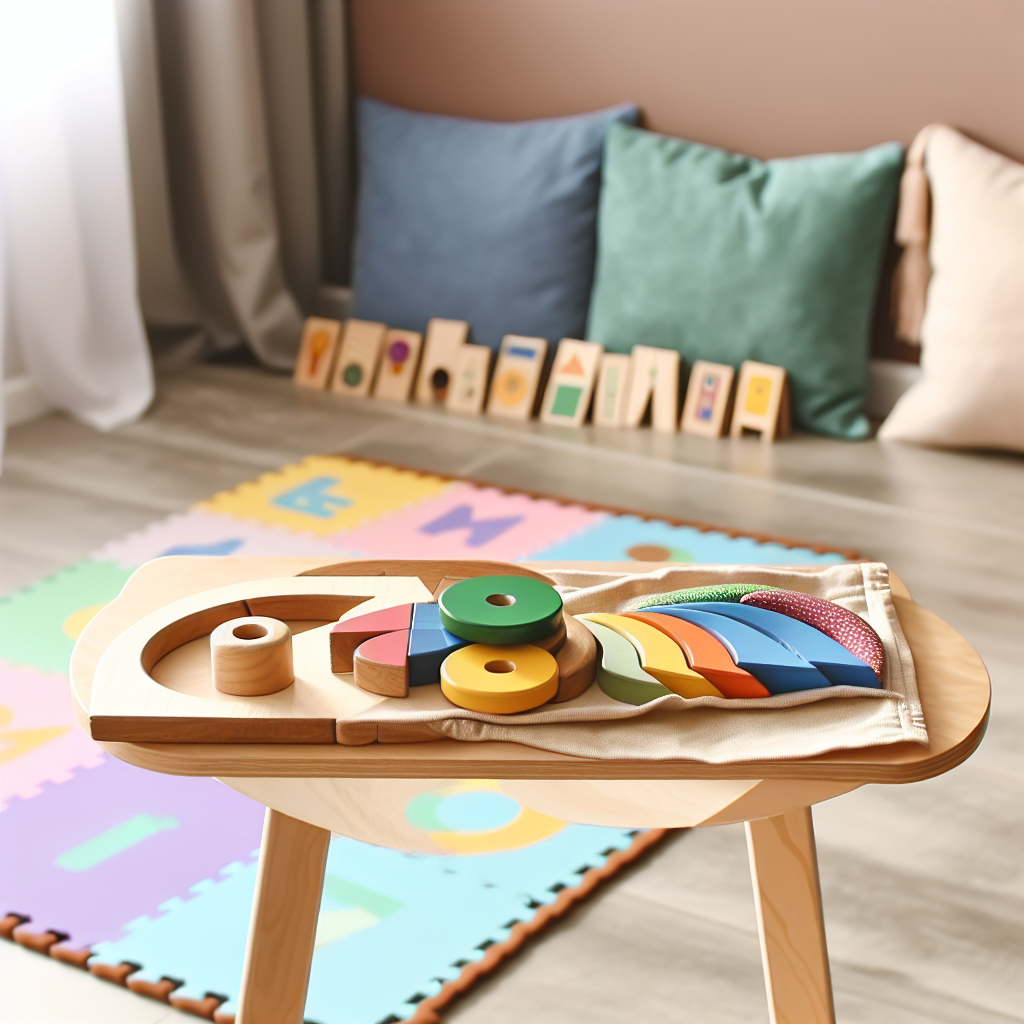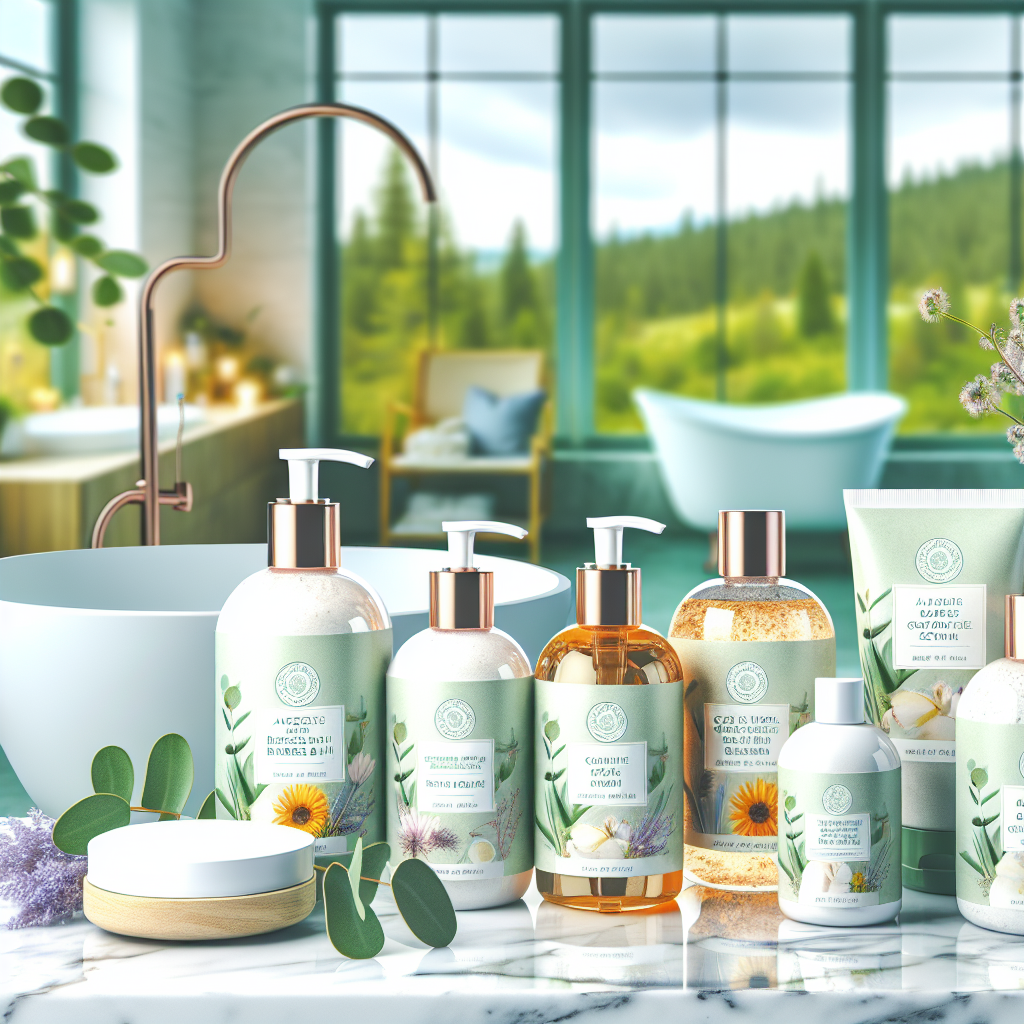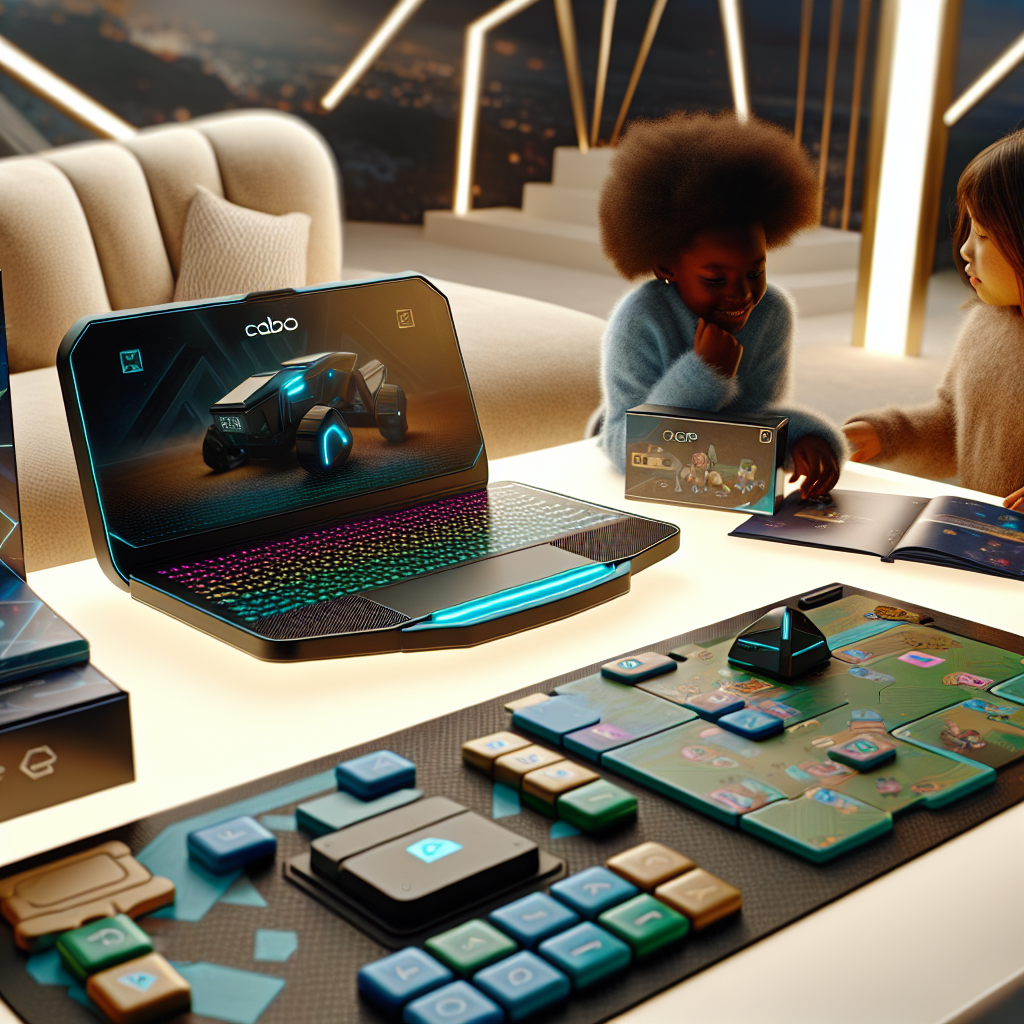Premium Montessori Materials for Toddlers: High-Quality Learning Tools
Why Premium Montessori Materials Matter in a Toddler’s Development
For discerning parents seeking the very best in early childhood education, the Montessori method remains one of the most respected and scientifically-backed approaches to learning. Developed over a century ago by Dr. Maria Montessori, this child-centered philosophy emphasizes independence, hands-on discovery, and respect for a child’s natural psychological development. The significance of premium Montessori materials during the formative toddler years—ages one to three—cannot be overstated. The tools a child interacts with shape how they absorb, interpret, and respond to the world around them.
Parents with a strong focus on intentional parenting often seek high-quality, aesthetically pleasing materials that support their child’s curiosity, cognitive growth, and emotional development. Within this context, premium Montessori tools serve as a bridge between modern parenting and time-tested developmental science. Unlike mass-produced plastic toys, authentic Montessori materials are typically crafted from natural, eco-friendly materials like wood, brass, and organic fabrics. This design philosophy is rooted in the belief that children thrive when surrounded by beauty, order, and purposeful objects.
These carefully made tools often reflect artisanal craftsmanship, and they are designed not just for durability, but for developmental sequencing. For instance, a toddler using a set of wooden knobbed cylinders refines their fine motor control, while an object permanence box helps develop spatial reasoning. Even daily routines, such as watering plants or wiping spills, are transformed into educational experiences with child-sized practical life materials. These could include toddler-height oak shelves or miniature porcelain pitchers, each selected not only for visual harmony but also to support independence and responsibility.
Every item in a Montessori environment has meaning. Nothing is arbitrary. A core principle of the method is that materials should have a dual purpose: to guide natural development while cultivating autonomy. Premium Montessori materials embody this principle fully. They empower children to explore at their own pace, encouraging concentration, problem-solving, and joy in learning. For high-conscious households, these materials become more than educational tools—they reflect a way of life centered on respect, purpose, and beauty.
The Science Behind the Beauty: Educational and Cognitive Benefits of High-End Montessori Tools
Scientific research has consistently affirmed the lasting benefits of the Montessori approach, especially when implemented using authentic and well-designed materials. A 2017 study published in Frontiers in Psychology found that children in Montessori environments demonstrated stronger executive functioning—such as working memory, cognitive flexibility, and self-regulation—than peers educated in traditional classrooms. These are core skills that influence success well into adulthood, and they begin developing as early as age two when toddlers are most receptive to tactile and environmental learning.
High-end Montessori materials align with what the American Academy of Pediatrics (AAP) calls “developmentally appropriate play”. These are activities that are properly challenging yet achievable for a child’s age and stage. Toys that are too complex lead to frustration, while overly simple ones lead to disinterest. Montessori tools are strategically balanced to avoid both extremes. Because they isolate individual learning concepts—such as shape, size, weight, or texture—they promote self-motivated exploration and focused repetition, which are crucial for brain development.
Using premium materials like sandpaper letters or color tablets, toddlers learn to explore both abstract and tangible concepts. These tools support sensory integration and deepen a child’s cognitive map of the world. A longitudinal study by Dr. Angeline Lillard, published in the journal Science, demonstrated that Montessori students consistently outperformed their traditionally schooled peers, not just academically but also in areas of problem-solving and social interaction.
One of the most iconic examples is the Pink Tower. This set of graduated wooden cubes enhances visual discrimination, spatial reasoning, and gross motor coordination. When built from fine lacquered wood and displayed beautifully on low, open shelving, the tower becomes more than a tool—it becomes a symbol of order and mastery accessible to the child.
There is also a psychological benefit to the aesthetics of premium Montessori tools. According to biophilic design theory, humans—especially children—respond positively to natural elements in their environment. Research shows that surroundings filled with light, natural textures, and harmonious design not only lower stress but boost cognitive performance. Premium Montessori brands follow these principles closely, often incorporating sustainable woods, soft color palettes, and minimalist forms. These qualities help to create a serene space where a child can feel calm, focused, and confident.
The Ultimate Choice for Conscious Parents: A Lifestyle of Learning and Elegance
For parents committed to providing a holistic, enriching, and well-curated educational start, investing in premium Montessori materials reflects more than a preference—it embodies a lifestyle of purpose, refinement, and deep care. These high-quality learning tools are designed not just to satisfy the thirst for knowledge but to elevate everyday experiences through beauty and intentional design.
Integrating these materials into a child’s life at home creates an environment where joy in learning becomes second nature. Practical tasks become lessons in independence. Play becomes an act of discovery. Elegance blends with exploration. Every material—from a hand-carved wooden puzzle to a flax-linen mat—holds a place in this larger objective: to raise a curious, grounded, confident child who is eager to engage with the world from a place of purpose.
In essence, choosing high-end Montessori tools is not about acquiring educational “products.” It’s about curating a thoughtful environment that supports emotional intelligence, skill-building, and long-term success—an outcome every parent dreams of and every child deserves.
References
- Lillard, A. S., & Else-Quest, N. (2006). The early years: Evaluating Montessori education. Science.
- Lillard, A. S. (2017). Montessori: The Science behind the Genius. Frontiers in Psychology.
- Yogman, M., Garner, A., Hutchinson, J., Hirsh-Pasek, K., & Golinkoff, R. M. (2018). The Power of Play: A Pediatric Role in Enhancing Development in Young Children. AAP Pediatrics.

Dominic E. is a passionate filmmaker navigating the exciting intersection of art and science. By day, he delves into the complexities of the human body as a full-time medical writer, meticulously translating intricate medical concepts into accessible and engaging narratives. By night, he explores the boundless realm of cinematic storytelling, crafting narratives that evoke emotion and challenge perspectives. Film Student and Full-time Medical Writer for ContentVendor.com



